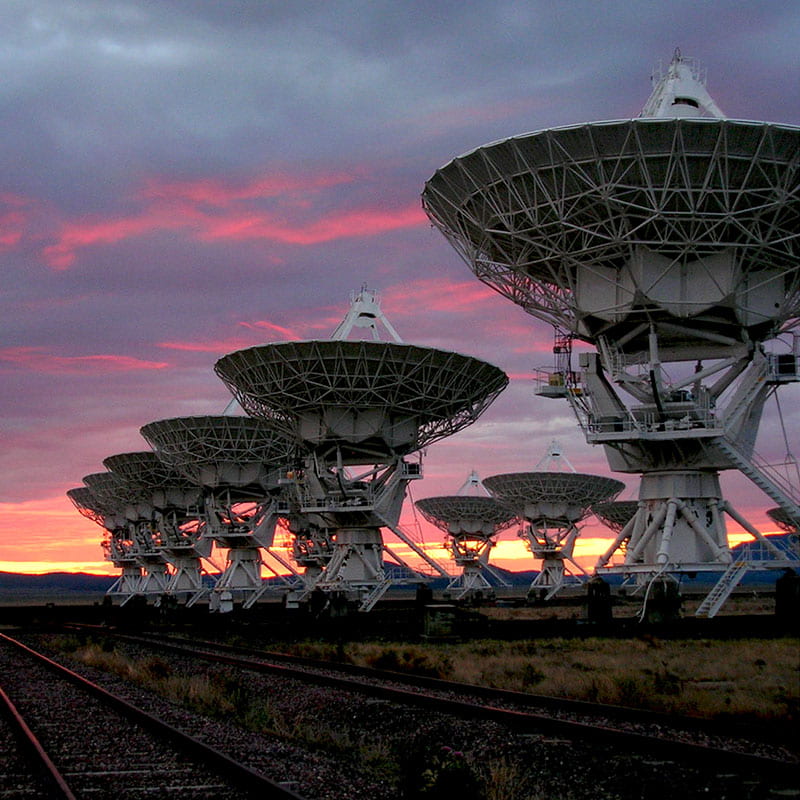About Us

The Penn State Extraterrestrial Intelligence Center is dedicated to advancing the search for extraterrestrial, technological life in the universe, via their technosignatures. The PSETI Center is a member of the Consortium for Planetary and Exoplanetary Science and Technology and is hosted by the Department of Astronomy & Astrophysics in the Eberly College of Science.
The search for technosignatures is broad, encompassing much of astronomy. It includes searches for communicative signals from other stars across and beyond the electromagnetic spectrum, searches for artifacts in and beyond the solar system, and other detectable evidence for technological life beyond the Earth.
The PSETI Center engages in research, training, and outreach and education.
Historically, this field has been severely underfunded and so the PSETI Center is actively seeking forward-thinking donors to build a permanent endowment to support and advance the field in perpetuity.
The PSETI Center has active collaborations with other institutions involved in the search for technosignatures, including the Breakthrough Listen Laboratory at the Berkeley SETI Research Center, and the SETI Institute in Mountain View California.
What is the
Search for Extraterrestrial
Intelligence?
The Search for Extraterrestrial Intelligence (or, SETI) is the name of the field that ultimately seeks to find technological life elsewhere in the Universe. In addition to actually searching for technosignatures, it includes developing potential technosignatures to look for, understanding humanity’s technosignatures and their detetability, theory regarding the prevalence and distribution of technological life in the Galaxy, interstellar message composition and decoding, and social and human aspects of the search.
The term “intelligence” in SETI and in our center’s name is historical, and we use it poetically. It invites one to imagine the nature of an alien species that could produce technology that can be detected by humans across the vastness of space. This use should not be read to imply that “intelligence” is well defined, even among humans, or that particular assumptions about alien intelligence underlie the motivation for the field.
